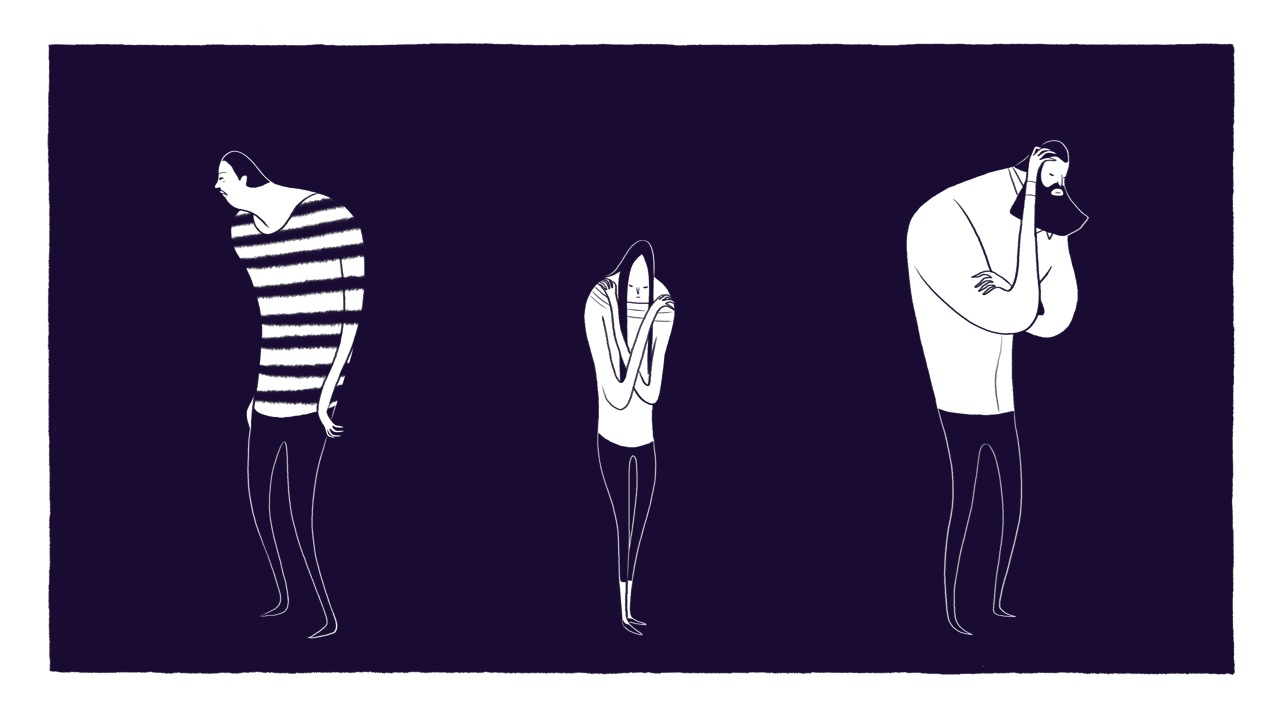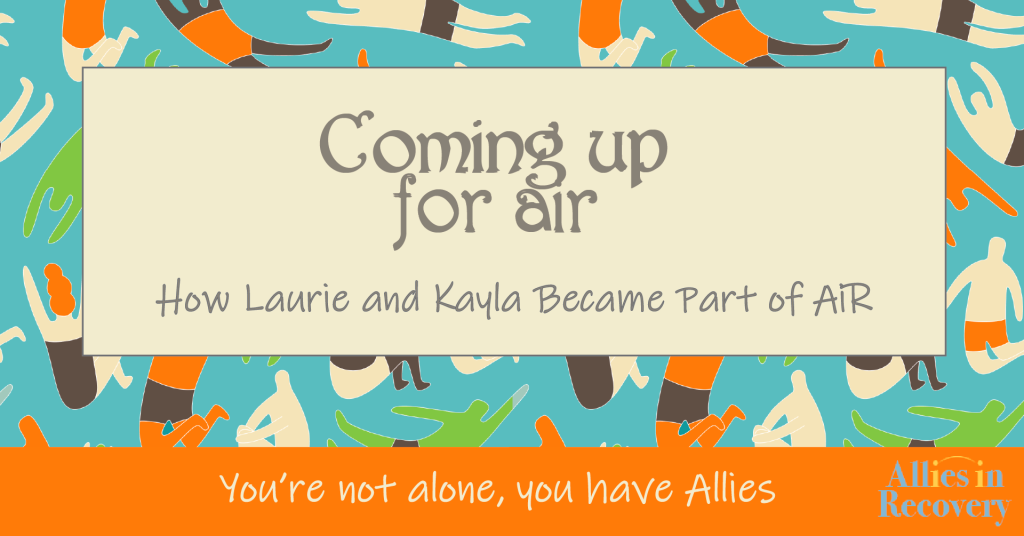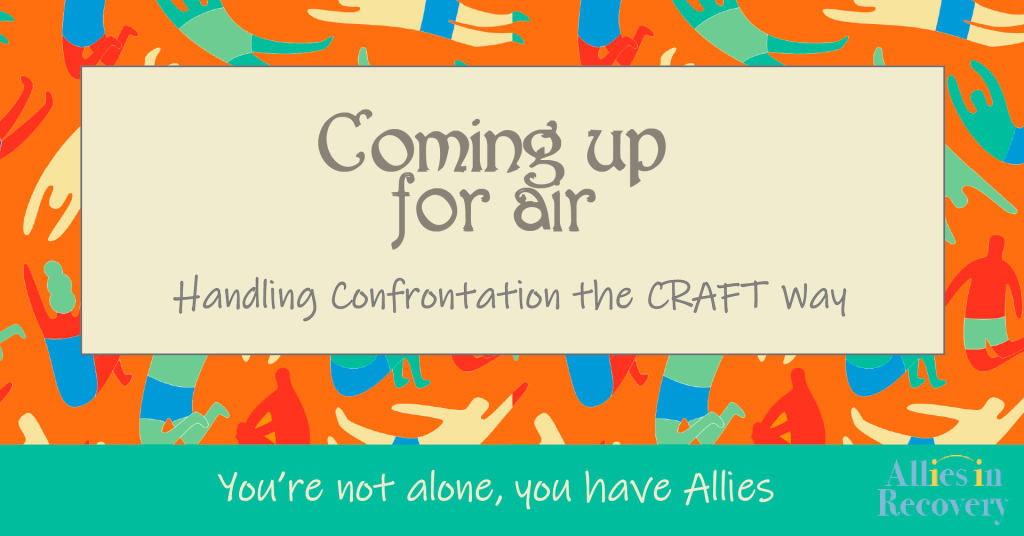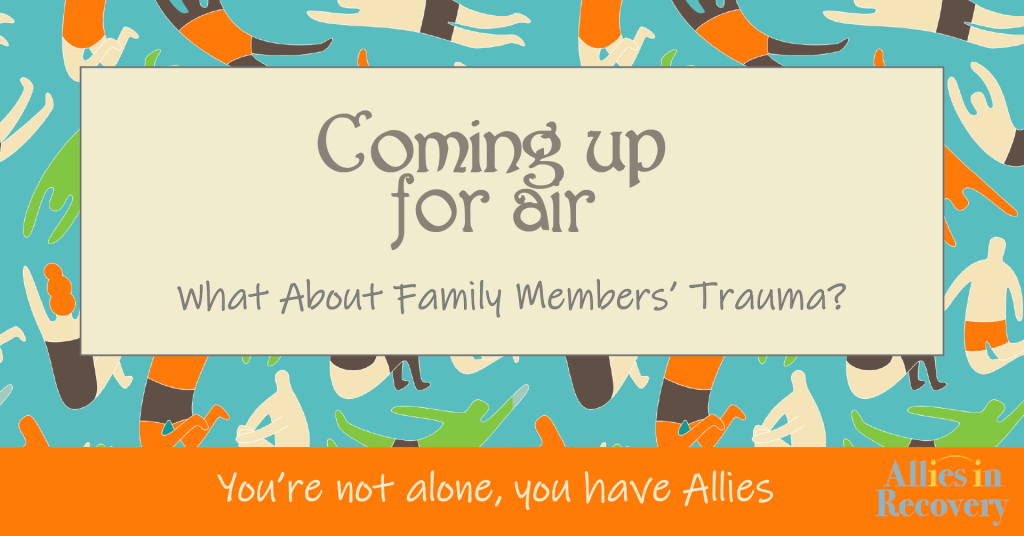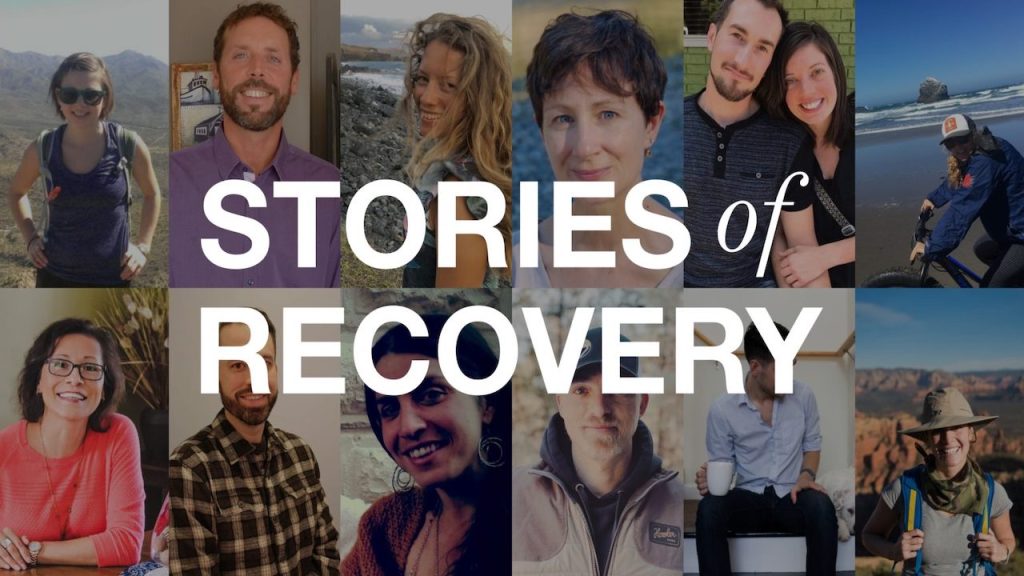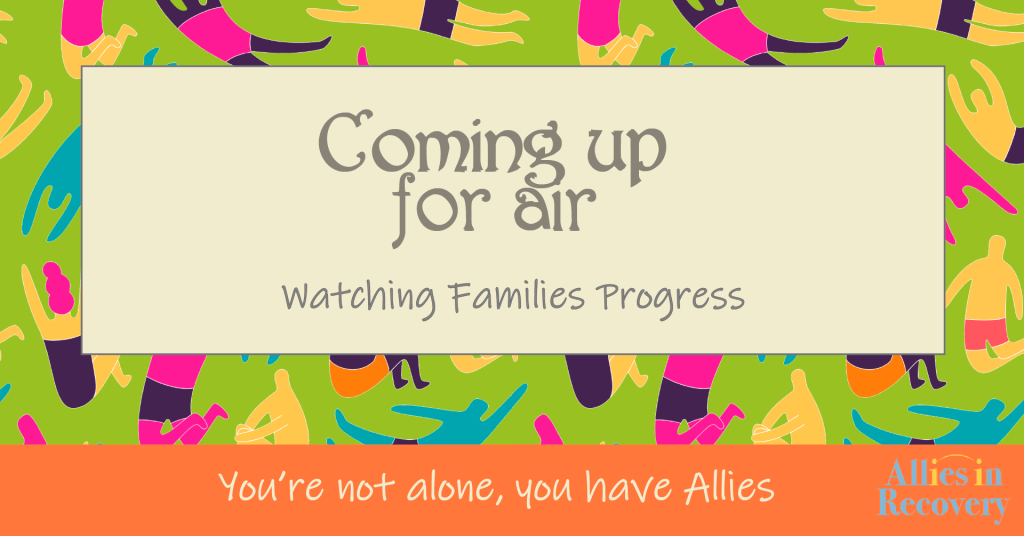Learn About the Antidotes to Shame
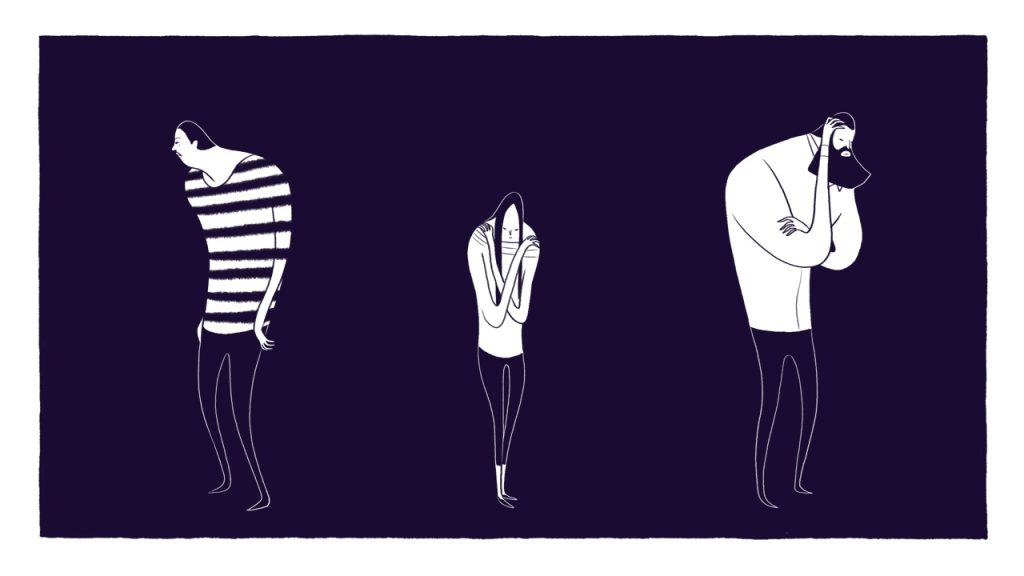
Shame is So Dangerous It Requires an Antidote
In our last post, Why Shame is Not Your Friend, we talked about how shame, the intensely painful feeling that we are unworthy of love and belonging, can fuel addiction and also hold us back as the parent, spouse, friend, or child of someone with an addiction problem.
Last time, we invited you to contemplate shame and the impact it may be having on your life and the life of your loved one. You may have taken some time to write down the situations that trigger shame for you personally, and how you feel and react when you are in the midst of a shame spiral.
Dr. Brené Brown Gives Us the Keys to Combatting Shame
In this next video, shame and vulnerability researcher Brené Brown shares the number one antidote to shame and talks about three things you can do to break the spiral:
1. Talking to yourself like you talk to someone you love
2. Reaching out to someone you trust
3. Telling your story
Thinking About What You Will Do to Eradicate this Destructive Emotion
After watching the video, get a pen & paper or your private journal, and consider how you can implement Brown’s suggestions in your own life.
- What negative things do you tell yourself that you would never say to someone else?
- Is there someone – a friend, family member, therapist, spiritual guide or religious figure – you can trust and talk to when you are in the midst of a shame spiral? Someone who will have empathy and not judge or gossip? Write down the names of those you trust and can turn to.
- The next time you find yourself suffering from shame, what positive steps can you take to alleviate the suffering? Will you call, email, or visit one of the people on your list? What are some of the ways you can have empathy for yourself? Can you take a hot bath, go for a walk, or treat yourself to a walk or massage? Record your ideas so that you can refer back to them.
Join our Member Site today to take full advantage of Allies in Recovery’s program, including 8 video modules, three blogs, and dialogue with experts in the field of treatment and recovery. Learn more here.


